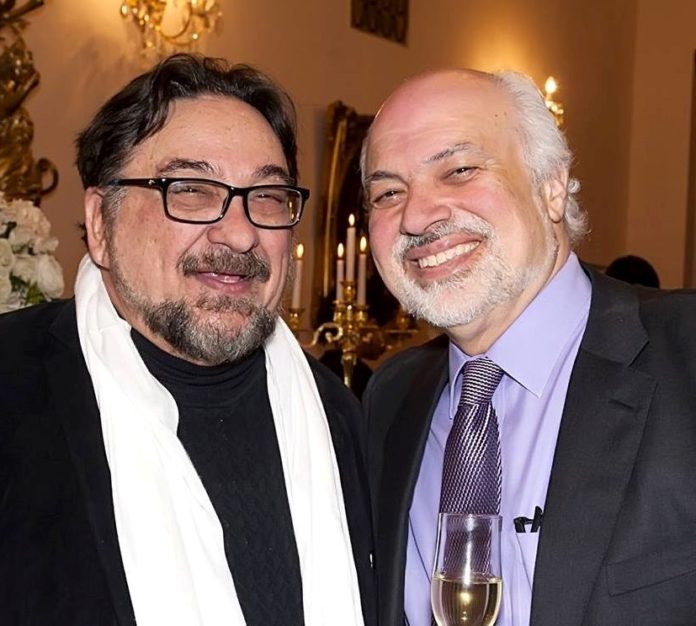PARIS — The controversy about the dismissal of three-time Grammy award nominee conductor Constantine Orbelian as managing or executive director of the Alexander Spendiaryan National Academic Theater of Opera and Ballet continues to grow. This week noted director, musicologist and actor Gerald Papasian gave an interview presenting his views on the topic. Papasian has a unique perspective, one of both an insider and outsider, and knows Orbelian personally, as he has worked with him professionally.
The Egyptian-born Papasian studied acting and directing in a five-year master’s program in Soviet Armenia, including a stint as intern assistant directing at the National Opera of Armenia. Later he produced a number of operas in the United States, France, Great Britain, and Armenia. Today he is involved in the work of the National Opera, having directed the opera buffa “Garine” by Dikran Tchouhadjian there last year.
Orbelian was appointed as artistic director of the Spendiaryan Opera and Ballet in 2016 and given the additional position of executive or managing director in February 2017. He was given a three-year contract which, according to Orbelian, expires on August 3, 2020.
Papasian declared that though on the surface the situation appeared to be just a clash of individuals, Orbelian versus Armenia’s Acting Minister of Culture Nazeni Gharibyan, larger issues are involved. One factor is financial. The government apparently is trying to save money by cutting expenditures in every domain, including the cultural one. Gharibyan earlier tried to shut down some drama theaters in Armenia and asked the Opera and Ballet Theater to cut some 25 positions (which it did). Orbelian is indirectly also accused of contributing to the debt of the opera.
A second issue is that Orbelian does not speak Armenian, which is supposedly unacceptable constitutionally for a state opera director. A third matter is that he travels abroad constantly.
The fourth aspect is organizational. In the Soviet period, Papasian explained, the managerial or administrative director was often given greater powers to control the artistic director, and often would be a sort of politician, as member of the Communist Party. He could hire or fire the artistic director. In certain instances, the same person held both offices (e.g. Gohar Gasparyan’s husband Tigran Levonyan, Hovhannes Chekijian and Edgar Hovhannisyan, all at the Opera).









